
In today’s fast-paced and ever-changing world, families face various challenges that can lead to stress and strain. Stress is a natural response to the demands and pressures of life, and it can have a significant impact on the well-being of individuals and their families. Understanding the dynamics of family stress is crucial in order to develop strategies and interventions that promote resilience and strengthen family bonds.
Family stress can arise from various sources, such as financial difficulties, work-life balance issues, parenting challenges, and conflicts among family members. Theories of family stress provide valuable insights into the underlying processes and factors that contribute to stress within the family unit. These theories emphasize the importance of understanding the interaction between individual and family factors, as well as the larger social and cultural context in which families exist.
Resilience, on the other hand, refers to the ability of individuals and families to adapt and bounce back from stressful experiences. Resilient families are able to effectively cope with adversity, maintain positive relationships, and foster a sense of connectedness and support. Research has shown that resilience is not a fixed trait, but rather a dynamic process that can be nurtured and strengthened through various protective factors.
By understanding the theories of family stress and resilience, professionals and policymakers can develop effective interventions and programs that promote the well-being of families. These interventions may include stress management techniques, communication skills training, and support networks that enhance family resilience. Ultimately, a comprehensive understanding of family stress and resilience is crucial for building strong and healthy families in today’s complex world.
Section 1: The Impact of Family Stress
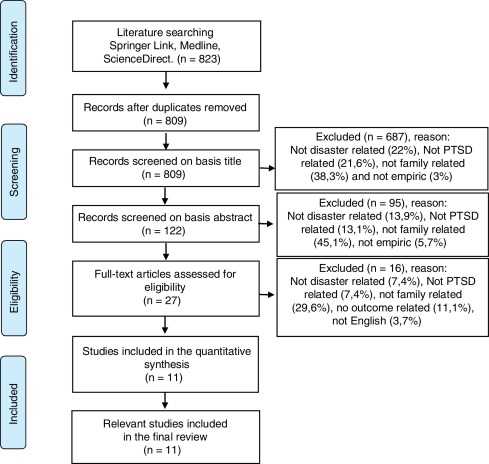
The impact of family stress is a significant area of study in the field of psychology. Researchers have developed various theories to understand how stress affects families and how they can develop resilience to cope with it.
One theory that has gained traction is the family stress theory, which posits that families experience stress as a result of various external and internal factors. These stressors can include financial difficulties, work pressures, relationship conflicts, and health issues, among others. The theory suggests that these stressors can disrupt the functioning of the family system, leading to negative outcomes for individuals and the family as a whole.
However, it is important to note that not all families react to stress in the same way. Some families demonstrate resilience, which refers to their ability to bounce back from stressful situations and adapt to change. Resilient families are able to maintain positive relationships, communicate effectively, and seek support when needed.
Understanding the impact of family stress is crucial for developing interventions and strategies to promote family resilience. By identifying the specific stressors that families face and the factors that contribute to resilience, psychologists can provide guidance and support to help families navigate through difficult times.
In conclusion, the impact of family stress is a complex and multifaceted topic. Through the lens of theories such as the family stress theory, researchers and practitioners can gain insights into how stress affects families and how they can develop resilience to overcome these challenges.
The Definition of Family Stress
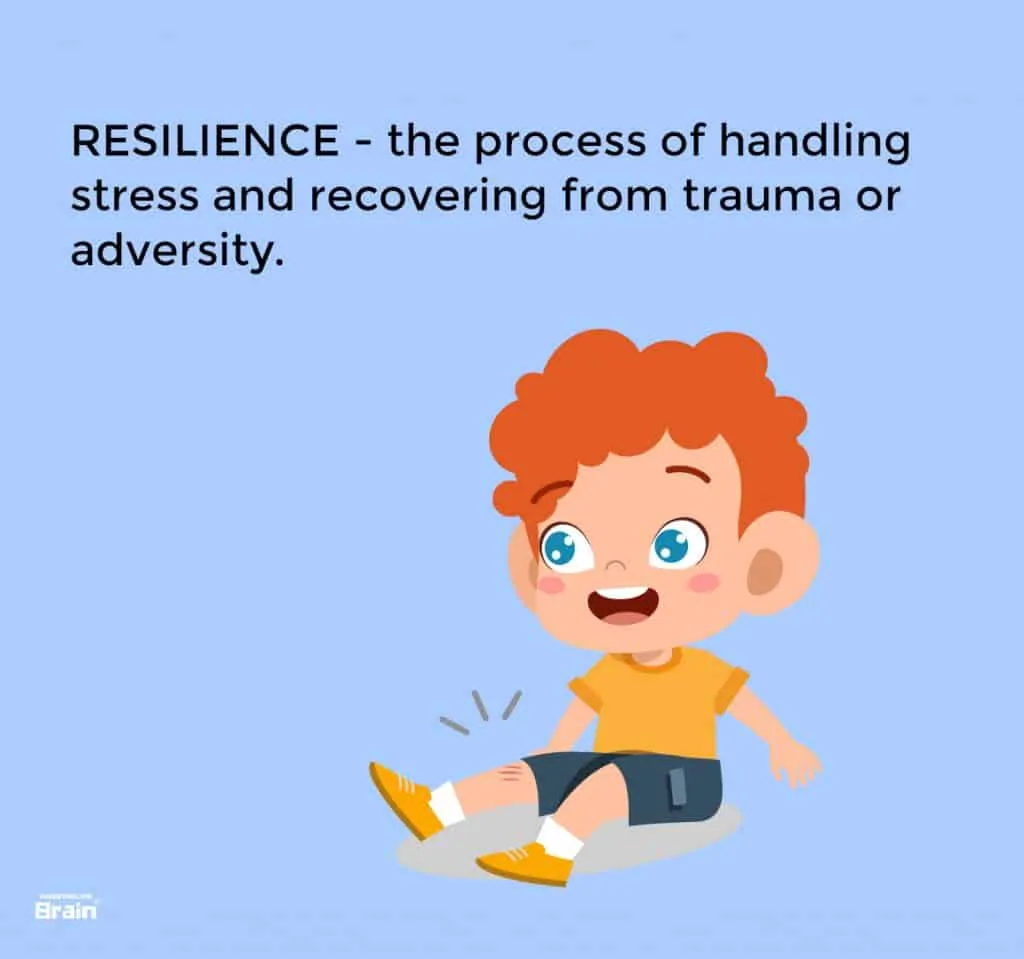
Family stress is a complex phenomenon that involves various factors and interactions within a family system. It can be defined as the psychological and emotional strain experienced by family members due to external or internal stressors. These stressors can include financial difficulties, marital conflicts, parenting challenges, illness, or other life events that disrupt the family’s functioning.
Family stress theory provides a framework for understanding the impact of stress on families. According to this theory, stressors can create a state of imbalance within the family system, leading to negative outcomes such as increased conflict, decreased communication, and decreased overall well-being. However, it is important to note that not all families respond to stress in the same way.
Resilience is a key concept in understanding family stress. Resilient families are able to adapt and bounce back from stressful situations, maintaining their functioning and well-being. They possess certain protective factors, such as strong social support networks, effective coping strategies, and positive family dynamics, which help them navigate through challenging times.
In summary, family stress refers to the strain experienced by family members due to various stressors. Understanding the definition of family stress, as well as the underlying theories and concepts such as resilience, can provide valuable insights into how families can effectively cope with and overcome stressful situations.
Common Sources of Family Stress

Family stress is a widely researched topic, and various theories have been proposed to explain its causes and effects. Understanding the common sources of family stress can help in developing effective strategies for managing and reducing stress within families.
- Financial Issues: Financial problems are a major source of stress for many families. The struggle to make ends meet, pay bills, and provide for basic needs can create significant stress and tension within the family unit.
- Parenting Challenges: Raising children can be both rewarding and stressful. The demands and responsibilities of parenting can lead to increased stress levels, especially when dealing with behavioral issues, academic pressures, or conflicting parenting styles.
- Work-Life Balance: Balancing work and family life can be a constant challenge for many individuals. Juggling the demands of a career with the needs of a family can create stress and strain on relationships.
- Relationship Issues: Conflict and tension within relationships can contribute to family stress. This can include marital problems, communication issues, or unresolved conflicts among family members.
- Health Concerns: Dealing with health issues, whether it’s a chronic illness, a disability, or mental health problems, can place a significant burden on families. The stress of managing these health concerns can affect the entire family unit.
- Life Transitions: Major life transitions, such as moving, divorce, death, or job loss, can disrupt family dynamics and increase stress levels. Adapting to these changes can be challenging and may require additional support.
In summary, family stress can arise from various sources, including financial problems, parenting challenges, work-life balance, relationship issues, health concerns, and major life transitions. Recognizing and addressing these common sources of stress can help families build resilience and develop strategies for effectively managing stress within the family unit.
Financial Challenges
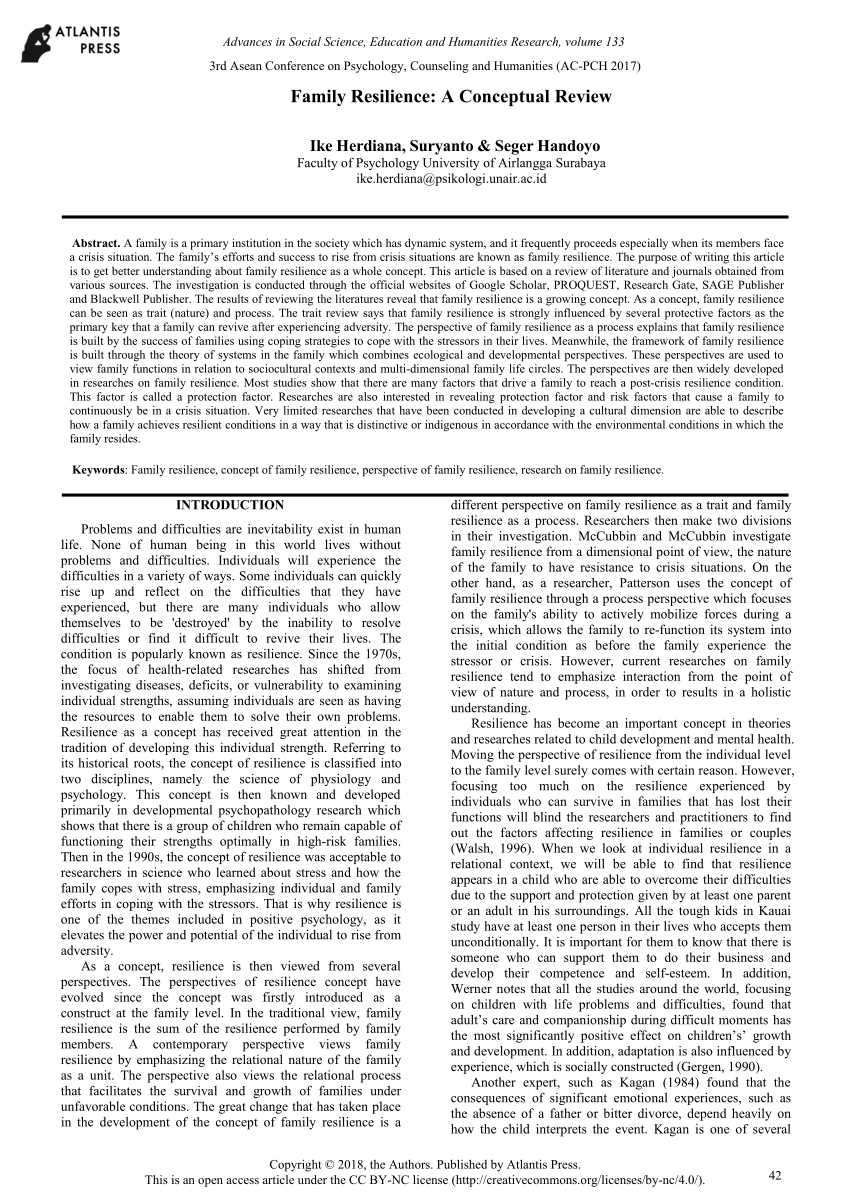
Financial challenges can significantly impact a family’s well-being and resilience. According to the theory of family stress and resilience, financial stressors can lead to increased family tension, conflict, and decreased overall family functioning. Families experiencing financial challenges may struggle to meet basic needs such as food, housing, and healthcare, which can further exacerbate stress and strain.
Financial stress can also affect the emotional well-being of family members, leading to higher levels of anxiety, depression, and other mental health issues. Parents may experience guilt and shame for not being able to provide for their children, while children may feel the effects of financial strain through limited opportunities and resources.
However, it is important to note that families can display remarkable resilience in the face of financial challenges. Resilience refers to the ability to bounce back and adapt in the face of adversity. Families can develop coping strategies, seek social support, and find creative solutions to navigate through tough financial times.
In summary, financial challenges can have a significant impact on families, affecting their overall well-being and resilience. However, families have the potential to overcome these challenges and demonstrate resilience by utilizing coping mechanisms and seeking support from their social networks.
Work-Life Balance
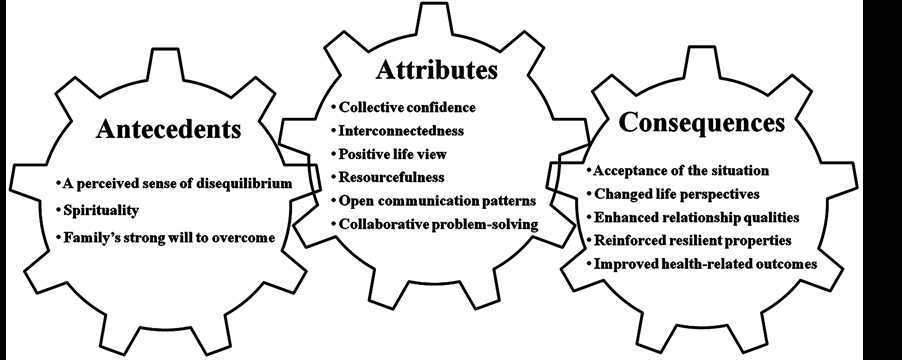
Work-life balance refers to the equilibrium between the demands of work and personal life. It is a crucial aspect of managing stress and maintaining resilience within the family unit. When individuals are able to effectively balance their work responsibilities with their personal lives, they are more likely to experience lower levels of stress and greater overall well-being.
Family stress can often arise from the inability to achieve a healthy work-life balance. When individuals are constantly overwhelmed by the demands of their job and neglect their personal life, it can lead to increased stress levels and negative impacts on their family relationships. On the other hand, when individuals are able to prioritize their personal life and create boundaries between work and home, it can enhance their resilience and ability to cope with stress.
Achieving a work-life balance requires effective time management, setting boundaries, and prioritizing self-care. This may involve setting specific work hours, scheduling dedicated time for family activities, and practicing stress-reducing activities such as exercise or mindfulness. It is important for individuals to recognize the importance of their personal life and make conscious efforts to protect it from work-related stress.
In summary, work-life balance is essential for maintaining family resilience and managing stress. By prioritizing personal life, setting boundaries, and practicing self-care, individuals can achieve a healthier balance between work and family responsibilities. This can ultimately lead to lower stress levels and greater overall well-being within the family unit.
Parenting Pressure
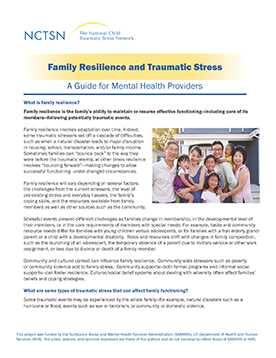
The summary of the topic “Parenting Pressure” focuses on understanding the stress and resilience theory in the context of family dynamics. Parenting can be a challenging task, and the pressure associated with it can have a significant impact on both parents and children.
Parenting stress refers to the emotional, psychological, and physical strain experienced by parents in their role as caregivers. It can arise from various factors such as financial difficulties, marital conflicts, lack of support, and unrealistic expectations.
Resilience theory suggests that individuals and families have the capacity to adapt and bounce back from stressful situations. It emphasizes the importance of protective factors, such as social support, coping skills, and positive relationships, in promoting resilience.
Understanding parenting pressure requires an examination of the various factors that contribute to stress and resilience. It involves identifying the sources of pressure, assessing the impact on individuals and families, and exploring strategies to enhance resilience.
| Factors contributing to parenting pressure | Impact on individuals and families | Strategies to enhance resilience |
|---|---|---|
| Financial difficulties | Increased stress levels, conflicts | Seeking financial assistance, budgeting |
| Marital conflicts | Emotional distress, negative family environment | Marriage counseling, communication skills |
| Lack of support | Feelings of isolation, overwhelm | Joining support groups, seeking help from friends and family |
| Unrealistic expectations | Feelings of inadequacy, self-doubt | Setting realistic goals, self-care practices |
By recognizing the factors contributing to parenting pressure and understanding their impact, individuals and families can develop strategies to enhance resilience. This includes seeking support, improving coping skills, and creating a positive and nurturing family environment.

I am Patrina de Silva, a psychologist and mental health blogger in Sri Lanka. After obtaining psychology degrees from the University of Colombo and Monash University, I returned home to work as a counselor while also starting the popular blog “Pressy but Happy” to provide advice on psychological issues. Over the past decade, my empathetic articles have made my blog a leading mental health resource in the country. In addition to writing, I maintain a private therapy practice, frequently volunteer counseling time, and conduct seminars, driven by my passion for destigmatizing mental illness and educating the public on the mind-body connection. I strive to be an influential voice in my field through my compassionate approach.
